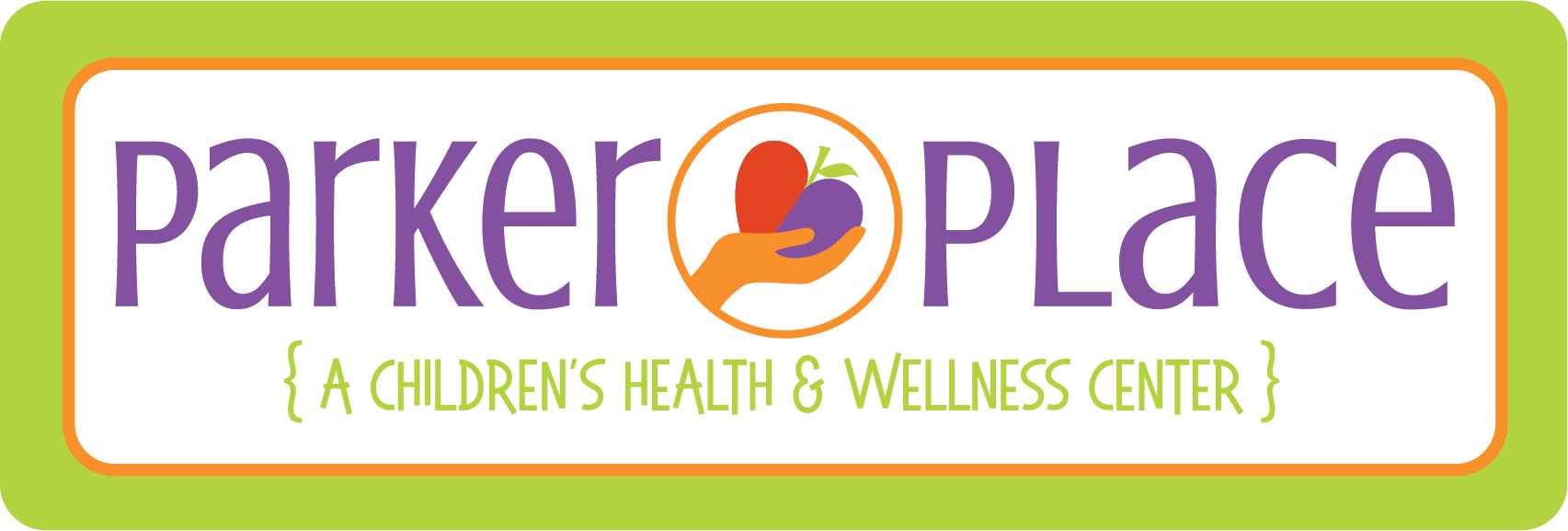Autism spectrum disorder (ASD)
Is your child experiencing social communication challenges and restricted/repetitive behaviors? If so, we are here to help your child and your family understand why they may exhibit these behaviors. If you notice any of these behaviors listed below in your child it is important to get a comprehensive evaluation from our nurse practitioner of your child’s development in order to receive a medical diagnosis. Getting a diagnosis is the first step to ensuring your child gets the help and services they need to be successful and reach their full potential as they continue to develop.
Challenges with social communication and interactions with others
Avoids or does not maintain eye contact
Does not respond to name by 9 months
Does not show facial expressions like happy, sad, angry, and surprised by 9 months
Does not play simple interactive games like pat-a-cake by 12 months
Uses little or no gestures by 12 months
Does not share interests with others by 15 months (i.e., showing you an object that they like)
Does not notice when others are hurt or upset by 24 months
Does not notice or join other children in play by 36 months
Does not pretend to be something else, like a teacher or superhero, during play by 48 months
Does not sing, dance, or act for you by 60 months
Restricted and Repetitive Behaviors
Lines up toys or other objects and gets upset when the order is changed
Is focused on parts of objects (for example, wheels)
Gets upset by minor changes
Must follow certain routines
Has unusual reactions to the way things sound, smell, taste, look or feel
Plays with toys the same way every time
Repeats words or phrases over and over (called echolalia)
Highly focused interests in certain objects/toys/activities
Flaps hands, rocks body, or spins self in circles
Other characteristics that May indicate a Need For an Evaluation for Autism
Delayed language skills
Delayed movement skills
Delayed cognitive or learning skills
Hyperactive, impulsive, and/or inattentive behavior
Epilepsy or seizure disorder
Unusual eating and sleeping habits
Gastrointestinal issues (i.e., constipation)
Unusual mood or emotional reactions
Anxiety, stress, or excessive worry
Lack of fear or more fear than expected

